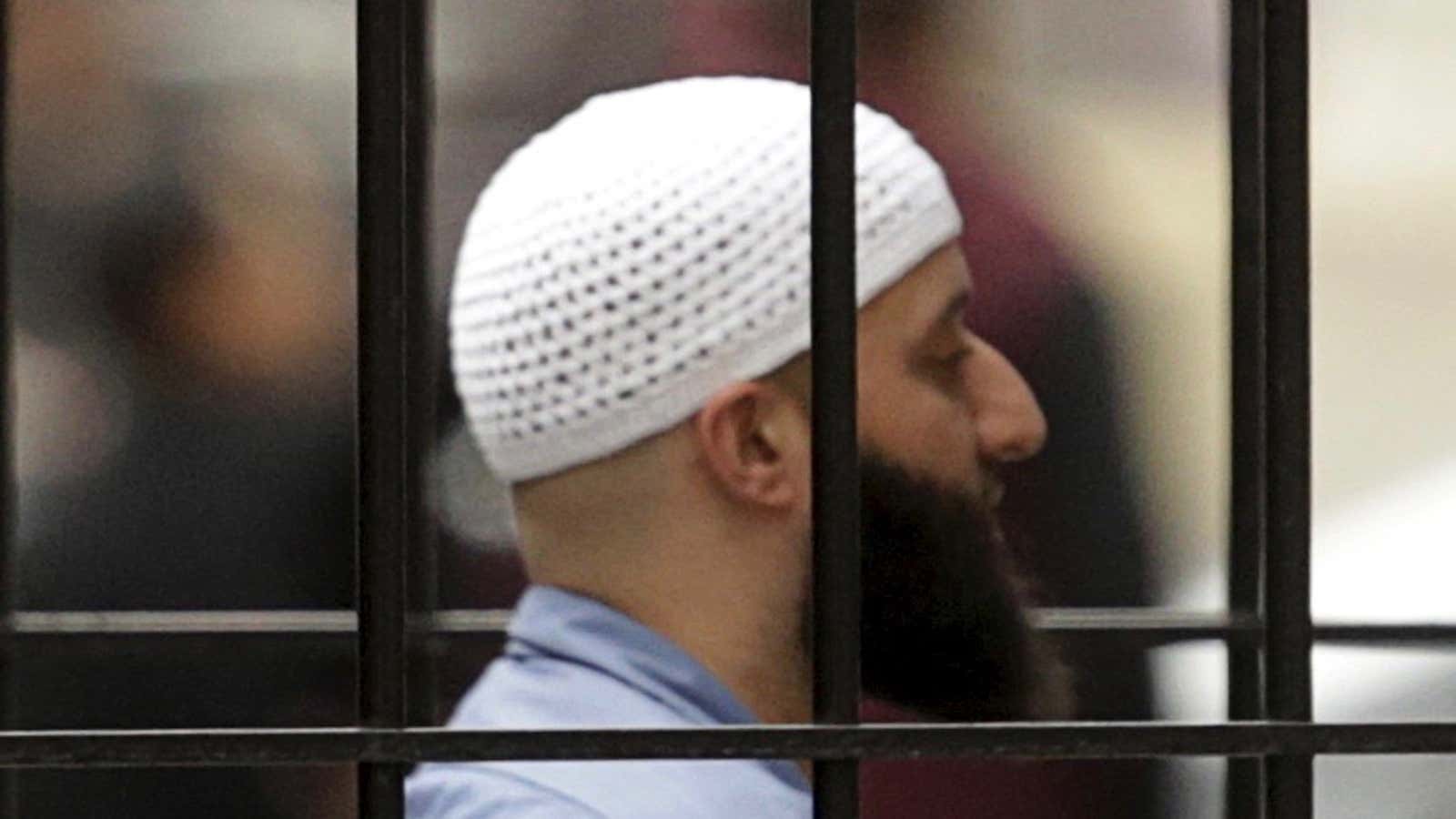You may already know about the case of Adnan Syed, a Maryland man who was convicted as a teenager for the murder of his ex-girlfriend, Hae Min Lee, in 1999. His trial was scrutinized in the immensely popular true-crime podcast Serial and an HBO documentary series, both of which cast doubt on his guilt and the process surrounding Syed’s conviction. Now, it’s also the subject of a petition to the US Supreme Court.
Technically, the issue before the high court is whether the Maryland Court of Appeals correctly applied a test used to determine “ineffective assistance of counsel.” An ineffective assistance claim allows a convicted individual to appeal for a new hearing post-conviction based on the deprivation of a constitutional right to a fair trial—it acknowledges the fact that in criminal cases just having an attorney means little if counsel doesn’t do their job.
In the 1984 US Supreme Court case Strickland v. Washington, the high court held that the Sixth Amendment gives criminal defendants a right to “reasonably effective assistance given the totality of the circumstances.” In Syed’s case, his lawyers say that his trial attorney’s assistance wasn’t reasonably effective.
The lawyer failed to present alibi evidence, provided by a fellow high school student, that showed Syed was with her after school on the day Lee disappeared. This left testimony from a witness for the prosecution, who claimed Syed showed him Lee’s body in the trunk of his car at the same time on the same day, undisputed at trial. Syed’s attorney didn’t even interview the alibi witness. Meanwhile, the state’s witness admitted at trial that he repeatedly lied to police.
In other words, the prosecution’s witness wasn’t totally credible. Because the jury might not have found Syed guilty beyond a reasonable doubt if the state’s witness’s testimony had been contradicted, the failure to present alibi evidence on Syed’s behalf amounted to prejudicial ineffective assistance, Syed’s attorneys argue in their petition.
A lower court initially agreed that Syed’s attorney was ineffective, but the Maryland Court of Appeals reversed the ruling in March. A majority of judges on that panel found Syed’s counsel was indeed ineffective, but the four in the court majority said that her actions—or lack thereof—didn’t prejudice the defendant, leaving Syed with no more legal recourse unless the Supreme Court takes his case.
The majority of courts, Syed’s lawyers argue, analyze these ineffective assistance claims by comparing the actual evidence presented at a trial to the case that would have been heard if the lawyer was effective. But Maryland’s appellate judges took a different tack, instead comparing the evidence presented to a hypothetical case, one in which the facts that show Syed’s attorney was ineffective were irrelevant. Basically, the court considered whether the state could have won the case if the jury had chosen to disregard the timeline prosecutors presented.
That, Syed’s current counsel argues, is a big mistake, especially since the state’s case hinged on the jury buying the timeline prosecutors presented. They want the high court to review the ruling, saying it offers an opportunity for the justices to clarify the appropriate test for reviewing ineffective assistance claims, which are handled inconsistently in state and federal courts across the country.
As Syed’s petition points out, three Maryland Court of Appeals judges dissented from the majority decision, arguing that the analysis was incorrect. The majority, they said, should not have hypothesized whether the jury could have accepted an alternate theory of the case that the state never presented, but should have compared the case with the evidence Syed’s lawyer didn’t offer.
In their 42-page petition, Syed’s counsel argues that the high court should step in and clarify how Strickland claims should be evaluated. “The question presented is important for at least three reasons,” they write. In addition to seeking uniformity on Strickland standards, they say that the Maryland ruling undermines the Supreme Court’s own holdings that the Sixth Amendment right to counsel is needed to protect the fundamental right to a fair trial, “so much so that it hardly leaves a remaining right at all.” Third, Syed’s attorneys say, the Maryland decision “significantly discounts the importance of alibi witnesses, in clear conflict with numerous state and federal courts.”
Whether these arguments will convince the high court to take up the matter is unclear. But podcast and documentary fans should not assume that a true-crime hit in the entertainment context will necessarily convince the justices to review the legal issues of any case. The Supreme Court did recently decide a matter that came to the public’s attention via the In the Dark podcast, reversing the murder conviction of Curtis Flowers based on racism in jury selection. However, it also declined in June 2018 to review the case of Brendan Dassey, whose murder conviction as a teen was based on what seemed to be a coerced confession and was featured in the Netflix documentary “Making a Murderer.”
